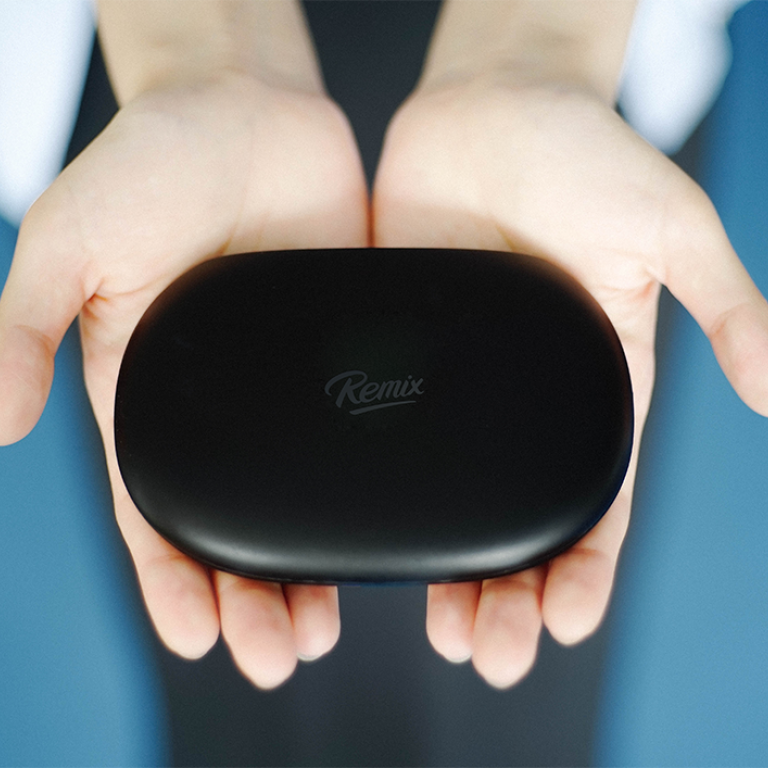
In race to build US$40 Android PC, Beijing start-up Jide Tech sets Kickstarter alight
Beijing-based start-up Jide Technology launched a "gamechanging" Android PC on Kickstarter last week that it plans to retail in developing countries for US$40 - and set a crowdfunding record in the process.
Founded by three former Google employees, Jide is proudly touting its Remix Mini Android PC as the next evolutionary step for Android.
The company claims the device will give users a full PC experience on the world's most popular smartphone operating system, complete with a taskbar and multitasking features.
“For many people in developing countries, their first computing device is probably an Android smartphone,” co-founder David Ko told the South China Morning Post.
“If they are already familiar with Android, a chance for them to use a PC as a productive device is going to be game-changing.”
The Remix Mini runs on Jide’s Android-based Remix OS and boasts a 1.2GHz quad-core processor, 8 gigabytes of storage and 1GB memory. It comes in two versions, and they are being offered at a 50 per cent discount on Kickstarter.
Users can connect the device to a monitor, keyboard and mouse, and use it as a PC. Backers looking for a higher-performance version can pay more for 16GB of storage and 2GB memory.
“Android started off as a phone operating system,” said Ko. “But it can do so much more.”
The company’s growing list of backers seems to share similar thoughts.
Jide, which has 100 employees, mostly in the Chinese capital, hit its original target of US$50,000 in just over an hour of launching its latest Kickstarter project on July 15.
It raised over 10 times that within a week to emerge as the most-funded China-based campaign the platform has ever seen, with six weeks still to go.
Ko said he was “overwhelmed by all the positive feedback”.
Kicktraq, an analytics page for Kickstarter projects, said the Remix Mini could attract US$3.5 million by early September, the campaign’s cut-off date.
Jide's first product, the Remix Ultra tablet, uses the same OS and was also well-received by backers on Kickstarter in March, when it raised over US$200,000.
The company said it aims to break into developing markets like Brazil, India and Indonesia later this year, while keeping retail prices for the Remix Mini at around US$40, or US$60 for more memory.
By taking advantage of its budget hardware and own operating system, Jide said it aims to bridge the divide between mobile and PC operating systems.
Google’s answer to the low-cost PC market is the Chromebook, with the cheapest models costing under US$200.
Its laptops run on Google’s Chrome OS but struggle amid a shortage of apps. In contrast, open-source Android has over one million.
Ko said many users of the Remix Mini have suggested they plan to use it as a secondary PC.
Moreover, Jide is not the first to enter the ultra-low-cost PC market.
The Raspberry Pi Foundation, a charity that promotes the study of basic computer science in schools, pushed out its second US$35 Raspberry Pi in February.
This is a circuit board about the size of a credit card that plugs directly into a TV and can be used as a computer. It also packs a quad-core processor and offers 1GB memory and four USB ports.
Globally, PC growth declined 9.5 per cent in 2014. It is expected to shrink by another 4.7 per cent this year, according to a recent report by market research firm IDC.

